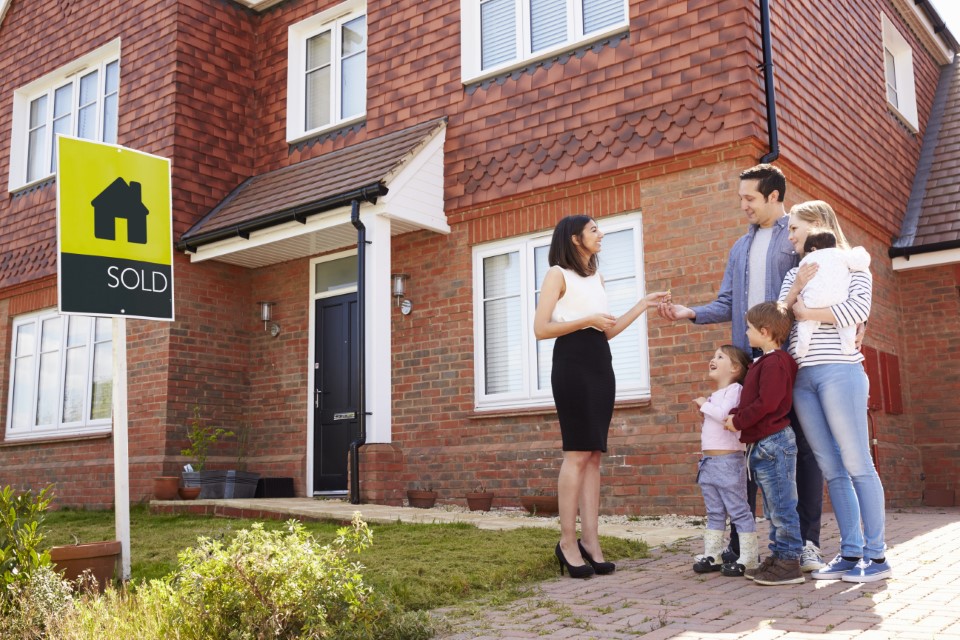Andrew Scott Robertson, Chartered Surveyors & Estate Agents, Wimbledon
General News
What is the difference between freehold and leasehold property?

If you are looking at flats in Wimbledon, whether in a new-build development, mansion block or period conversion, they will almost certainly be on the market as leasehold. Most houses in the area, are by contrast sold on a freehold basis.
The owner of a freehold house effectively has full, outright ownership of the house and the land on which it is built. By contrast, a leasehold flat gives the purchaser the right to occupy the property for the amount of time specified in a lease. The overwhelming majority of flats and apartments in London – and England and Wales as a whole – are leasehold. This is because under old land law freehold ownership couldn’t be applied to flats, that were one above the other on a single plot of land.
If you are new to buying property, it is worth finding out more about the differences between leasehold and freehold properties, and some of the key questions to ask before you buy.
What happens when you buy leasehold?
Although leaseholders ? also known as lessees – own the property?s internal space, fittings, floor and walls, they do not own the land the flat sits above or the fabric of the building, including the roof and external walls.
Where a flat is in a block, the freeholder ? also known as the landlord ? is responsible for managing, maintaining and carrying out repairs to the building?s structure, grounds and communal areas, such as staircases, hallways and lifts.
The leaseholder has obligations too, which will be set out in the lease. These may include keeping the flat in good order or behaving in a neighbourly fashion. There may also be restrictions in the lease, such as no pets without the prior consent of the landlord.
Questions to ask before you buy leasehold
With leasehold property such a common form of tenure, there is no reason to be put off making a purchase. But there are three important differences between buying leasehold and freehold that you should consider first.
1.You need to be aware of the lease length
Lease lengths can vary dramatically, and ownership of a leasehold home will revert back to the freeholder once the lease runs out.
The length of the lease is therefore the first question you should ask about the property before deciding whether it is the one for you.
When buying you should, ideally, be looking for a lease of at least 90 to 125 years, although some new-build properties come with 999-year leases.
Some properties do go on sale with short leases ? this may be the reason for a flat appearing to be surprisingly good value for the area.
Be aware that anyone buying a flat with a lease of less than 80 years remaining may find it difficult to obtain a mortgage or to sell the property on, should they wish to.
Under the 1993 Leasehold Reform, Housing & Urban Development Act, however, leaseholders are entitled to a 90-year extension to their lease at a fair market price, if they have owned the property for at least two years. The process is known as leasehold enfranchisement.
If you wish to purchase a property with a short lease, you can make it a condition of the sale that the vendors begin the leasehold enfranchisement process, which you will be able to take forward once the sale goes through.
2. You will need to pay ground rent
Ground rent is a fee payable to the landlord on an annual or half-yearly basis. While it is usually a token payment in the range of ?50 to ?300 a year.
Beware, however since, as has been widely reported in the news, many new-build developments have clauses in their leases, allowing for dramatic increases in ground rent, although the government is looking to curb this practice.
3. You will be liable for service charges
To cover the costs of maintaining the fabric of the building and the shared areas of the development, the landlord will impose a service charge.
Fees vary depending on the size and nature of the development and some service charges include contributions to a reserve (or sinking) fund that is used to cover large one-off bills.
Whether you opt for a leasehold or freehold property will depend upon the type of home you are looking as well as your budget. Whichever you choose Wimbledon is a sought-after area and a likely wise investment for the future. If you would like more information about buying freehold or leasehold, or to find out about the properties we currently have for sale, please contact us today.
Posted in ASR News